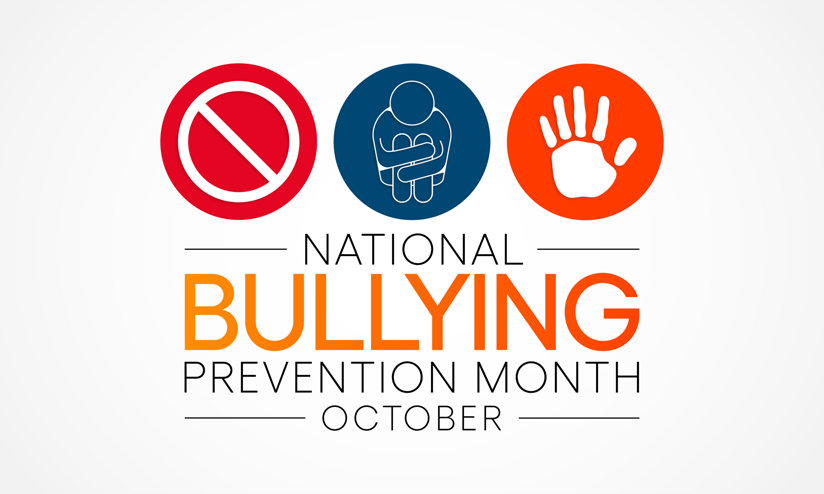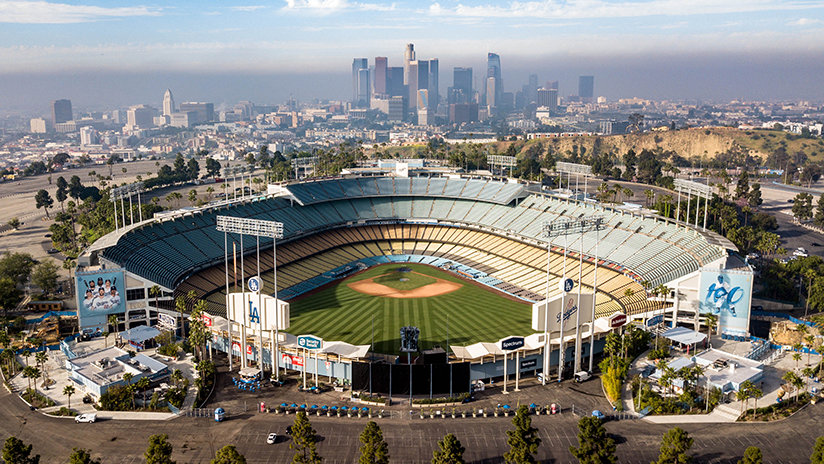
-
HOME
-
WHAT IS STANDOur Mission Our Values Our Help Contact
-
WHAT WE FIGHT FORReligious Freedom Religious Literacy Equality & Human Rights Inclusion & Respect Free Speech Responsible Journalism Corporate Accountability
-
RESOURCESExpert Studies Landmark Decisions White Papers FAQs David Miscavige Religious Freedom Resource Center Freedom of Religion & Human Rights Topic Index Priest-Penitent Privilege Islamophobia
-
HATE MONITORBiased Media Propagandists Hatemongers False Experts Hate Monitor Blog
-
NEWSROOMNews Media Watch Videos Blog
-
TAKE ACTIONCombat Hate & Discrimination Champion Freedom of Religion Demand Accountability
National Bullying Prevention Month: Tackling the Gateway Drug to Bigotry
The first public school I attended was a high school with a student body of over 2,000. My previous education was at a private Hebrew school of less than 500 covering kindergarten through 9th grade. My circle of people for 10 years numbered a constant three dozen, give or take, and always the same people year after year, one grade to the next.

Public high school changed my world. I knew no one, felt awkward and “different”—exacerbated by the fact that I would often forget to remove my yarmulke, a required head covering for my previous decade in school—eliciting stares from the mixed population, most of whom had no acquaintance with that article of apparel.
So I was bullied. I was bullied in gym class for my appearance, my religion, my diet (staying strictly Kosher, I brought most of my food from home, often finding it missing or smashed when I returned to my locker). I was heckled, shoved, and generally made to feel unwanted by several of the kids as well as the gym teacher himself. In home room, in English class, in algebra, in the lunchroom: snickers, put-downs, passed notes, general ridicule.
I didn’t tell my parents. I didn’t tell my Hebrew school friends. I pretended nothing was wrong and that I was making lots of friends, but inside I felt my life was drying up and crumbling away. Then after several months, the girl who sat in front of me in algebra—who had never spoken or even looked at me before—turned around and whispered, “Listen: you’re a good guy. Get socks that match your shirts and get some DIFFERENT colored shirts, something that’s NOT white, for Chrissake.”
I didn’t tell my parents. I didn’t tell my Hebrew school friends. I pretended nothing was wrong.
Those were the kindest words I’d heard that whole semester, and they changed my life. I did what she said, and I was instantly “included,” and went on to star in several high school plays, edit the literary magazine and write for the school paper, capping a distinguished high school career.
Every target of bullying needs a Jane (that was her name) who’ll whisper a kind word or give a piece of advice when all looks bleak. Unfortunately, not every victim of bullying is as lucky as I was.
But history sometimes does bend upward, and in enlightened pockets here and there bullying is no longer regarded as a childhood rite of passage that one must endure nor as a test of one’s “toughness.” It is now becoming recognized as a serious, spreading social malady and a gateway drug to bigotry.

To confront and combat the issue, National Bullying Prevention Month was founded in 2006, by the PACER center, a nonprofit national parent center located in Minnesota. Initially the first week in October, it has since expanded to the full month.
As Paula F. Goldberg, executive director of PACER says, “Childhood bullying is a significant problem nationwide. It can cause school absenteeism, mental and physical stress, poor school performance, poor self-esteem, and, in some cases, school violence. Statistics show that 160,000 children in the United States miss school each day as a result of being bullied. That’s not acceptable. Teachers and parents can play a critical role in creating a climate where bullying is not tolerated. When adults and children stand together, bullying ends.”
Bullying is now becoming recognized as a serious spreading social malady and a gateway drug to bigotry.
Targets of bullies now have resources, vast resources. Even the U.S. government now has a website for parents, teachers and youth that provides information, videos and tips on how to prevent and handle bullying and bullies.
National Bullying Prevention Month educates, raises awareness and unites communities nationwide in bullying prevention. Hundreds of schools and organizations have signed on as partners and major media such as Facebook, Disney, Instagram, CNN, TLC and Yahoo Kids have joined in the effort, using their powerful communication lines to spread the word that bullying can have disastrous long-term effects on the individual, the community and the nation.
Today’s bullies are tomorrow’s bigots, and today’s victims of bullies need a hand to help reclaim their lives, their confidence and their potential.









